Discover Converging Dialogues
Converging Dialogues

 Converging Dialogues
Converging Dialogues
Author: Converging Dialogues
Subscribed: 89Played: 3,617Subscribe
Share
© Converging Dialogues
Description
Converging Dialogues is a podcast that is designed to have honest and authentic conversations with a diversity of thoughts and opinions. Wide-ranging topics include philosophy, psychology, politics, and social commentary. A spirit of civility, respect, and open-mindedness is the guiding compass.
convergingdialogues.substack.com
convergingdialogues.substack.com
466 Episodes
Reverse
In this episode, Xavier Bonilla has a dialogue with James McDougall about a global history of Islam. They discuss the global spread and diversity of Islam, Arabia before Muhammad, succession after Muhammad, the five pillars of Islam, emphasis on law and doctrine within Islam, Hadiths, the Ottoman Empire and spread of Islam, Islamists, Islam in the 21st century, and many more topics. James McDougall has taught history at Princeton; the School of Oriental and African Studies, University of London; and Oxford, where he is a Fellow of Trinity College. He is the author of numerous books including the most recent book, Worlds of Islam: A Global History. Get full access to Converging Dialogues at convergingdialogues.substack.com/subscribe
In this episode, Xavier Bonilla has a dialogue with Inger Kuin about the philosopher Diogenes. They discuss the impact of Diogenes, his personal development, embodied philosophy, human reason, interactions with Plato, suffering, pleasure, desire, and how we apply his philosophy in the modern world. Inger N. I. Kuin is an associate professor of classics at the University of Virginia. Born in the Netherlands, she worked as a journalist before receiving an MA in philosophy from the University of Amsterdam and a PhD in classics from New York University. She is the author of the book, Diogenes. Get full access to Converging Dialogues at convergingdialogues.substack.com/subscribe
In this episode, Xavier Bonilla has a dialogue with David Edmonds about thought experiments and effective altruism. They talk about the shallow pond, why thought experiments are important, the trolley problem, critiques of the shallow pond, effective altruism, charities, and many more topics. David Edmonds is a philosopher and author. He is Distinguished Research Fellow at Oxford University. His main interests are in moral philosophy and ethics. He is also the co-host (with Nigel Warburton) of the popular podcast, Philosophy Bites. He is the author of numerous books including the most recent book, Death In A Shallow Pond. Get full access to Converging Dialogues at convergingdialogues.substack.com/subscribe
In this episode, Xavier Bonilla has a dialogue with Akhil Reed Amar about the history of the U.S. Constitution from 1840-1920. They discuss America as an idea, Madison’s notes on the constitution, 3/5s rule, electoral college, slavery, Taney and Dred Scott ruling, Emancipation Proclamation, 13, 14, 15, and 19th amendments, and many more topics. Akhil Reed Amar is the Sterling Professor of Law and Political Science at Yale University and the author of several books on constitutional law and history, including America’s Constitution: A Biography and The Words That Made Us and the most recent book, Born Equal. Get full access to Converging Dialogues at convergingdialogues.substack.com/subscribe
In this episode, Xavier Bonilla has a dialogue with Richard Bell about the American Revolution on the international stage. They discuss the American Revolution in a global context, Boston Tea Party, East India Tea Company, British citizens opinions of the American Revolution, and the Irish perspective of the American Revolution. They also talk about the Hessians, Native peoples during the American Revolution, French alliance, Spanish involvement, British loyalists, and many more topics. Richard Bell is a British-born, American-trained historian of the early United States. A professor of history at the University of Maryland, he has been an NEH Public Scholar and an Andrew Carnegie Fellow, among other honors. His previous book, Stolen, was a finalist for the George Washington Prize and the Harriet Tubman Prize. He is the author of the latest book, The American Revolution and the Fate of the World. Get full access to Converging Dialogues at convergingdialogues.substack.com/subscribe
In this episode, Xavier Bonilla has a dialogue with Jochen Hellbeck about Nazi Germany, Soviet Russia, and the Jews. They discuss Soviet communism and anti-semitism as unified opposition for the Nazis, anti-communism fueling public agreement, western views of anti-communism and anti-semitism, and how this was given to the German public. They also talk about Hitler invading Poland, pivot to genocide, killing Eastern Europeans, how Germans were treated after the end of WWII, and many more topics. Jochen Hellbeck is Distinguished Professor of History at Rutgers University, specializing in modern Russia, the Soviet Union, and the history of World War II. The recipient of fellowships from the New York Public Library’s Dorothy and Lewis B. Cullman Center for Scholars and Writers, the John Simon Guggenheim Memorial Foundation, and the American Academy in Berlin, among others, he is the acclaimed author of Stalingrad: The City That Defeated the Third Reich, Revolution on My Mind: Writing a Diary under Stalin, and latest book, World Enemy #1: Nazi Germany, Soviet Russia, and the Fate of the Jews. Get full access to Converging Dialogues at convergingdialogues.substack.com/subscribe
In this episode, Xavier Bonilla has a dialogue with Alex Zakaras about liberalism. They discuss aiming for liberal values, defining liberalism, radical liberalism, libertarianism, freedom and choice, tyranny and autocracy, liberal pluralism, wage and labor exploitation, and many other topics. Alex Zakaras is professor of political science at the University of Vermont. He is the author of many books, including the most recent book, Freedom For All: What A Liberal Society Could Be. Get full access to Converging Dialogues at convergingdialogues.substack.com/subscribe
In this episode, Xavier Bonilla has a dialogue with Matthew Cobb about the life and work of Francis Crick. They discuss his upbringing, influences, x-ray crystallography, discovering the double helix of DNA with Watson, reception of his discovery in academia and public, personal misadventures in the 1960s, pivot to brain and consciousness research, legacy of Crick, and many other topics. Matthew Cobb is a professor emeritus at the University of Manchester He earned his PhD in psychology and genetics from the University of Sheffield. He is the author of seven books including: As Gods: A Moral History of the Genetic Age, The Idea of the Brain, Life’s Greatest Secret, and the most recent, Crick: A Mind In Motion. Get full access to Converging Dialogues at convergingdialogues.substack.com/subscribe
In this episode, Xavier Bonilla has a dialogue with Allan Horwitz about a history of the DSM. They discuss the origins of the DSM, DSM I & II, DSM III and its big changes, DSM-V and its massive overhaul, the future of the DSM, and many other topics. Allan Horwitz is the Board of Governors and Distinguished Professor Emeritus in the Department of Sociology and the Institute for Health, Health Care Policy, and Aging Research at Rutgers University. He is the author of many books including, DSM: A History of Psychiatry’s Bible. Get full access to Converging Dialogues at convergingdialogues.substack.com/subscribe
In this episode, Xavier Bonilla. has a dialogue with Phillips O’Brien about war, peace, and power. They discuss the idea of great powers, why short, clinical wars do not really happen, size and population of countries, economics and materials, societal and structural elements for power, leadership, allies, and many more topics. Phillips Payson O’Brien is a professor of strategic studies and head of the School of International Relations at the University of St. Andrews in Scotland. He is a regular contributor to Foreign Affairs and The Atlantic. He is the author of six books, including the most recent book, War and Power: Who Wins Wars and Why. Get full access to Converging Dialogues at convergingdialogues.substack.com/subscribe
In this episode, Xavier Bonilla has a dialogue with Caleb Scharf about the past and future dynamics of space exploration. They discuss astrobiology, why look for life in space, dispersal, how we got to the moon (and why we haven’t gone back?!), major obstacles for space travel, going to Mars, Jupiter, Venus, the Sun, the future of space exploration, and many more topics. Caleb Scharf received the 2022 Carl Sagan Medal while director of astrobiology at Columbia University and is currently the senior scientist for astrobiology at NASA’s Ames Research Center. He has written several previous trade books and is a frequent contributor to Scientific American and Nautilus magazine. He is the author of the book, The Giant Leap: Why space is the next frontier in the evolution of life. Get full access to Converging Dialogues at convergingdialogues.substack.com/subscribe
In this episode, Xavier Bonilla has a dialogue with Edward Watts about the 2,000 years of the Roman Empire. They provide an overview of the Roman Empire and the origins of the Romans, Greek influence and building institutions, Roman citizenship and identity, and the transition from Roman monarchy to Republic. They also talk about Cincinnatus, Carthage, transition from Republic to Empire, Marcus Aurelius, succession and Constantine, along with Christianity and rise of Islam. They also discuss Charlemagne, Macedonia, collapse of the Roman Empire, and many more topics. Edward Watts is an author and historian and holds the Alkiviadis Vassiliadis Endowed Chair and is professor of history at the University of California, San Diego He has BAs in Classics and Ancient and Medieval Culture at Brown University, and received his PhD in History from Yale University in 2002. His research interests center on the intellectual, political, and religious history of the Roman Empire and the early Byzantine Empire. He is the author of seven books, including the most recent, The Romans: A 2,000-Year History. Get full access to Converging Dialogues at convergingdialogues.substack.com/subscribe
In this episode, Xavier Bonilla has a dialogue with Sven Beckert about a global history of capitalism. They discuss how capitalism has always been global, positive and negative aspects of capitalism, origins and trading from a distance, capitalism within the state and in the countryside, slavery, working class, wealth and income inequality, capitalism in the 21st century, and many more topics. Sven Beckert is Laird Bell Professor of History at Harvard University. His research and teaching center on the history of the United States in the nineteenth century, with a particular emphasis on the history of capitalism, including its economic, social, political and global dimensions. He is co-chair of the Program on the Study of Capitalism at Harvard University , co-chair of the Weatherhead Initiative on Global History (WIGH) and co-editor of a series of books at Princeton University Press on “America in the World.” His work has been supported by the Guggenheim Foundation, the American Council of Learned Societies, the Humboldt Foundation, the Netherlands Institute for Advanced Studies, and the New York Public Library’s Center for Scholars and Writers, among others. He is the author of the latest book, Capitalism: A Global History. Get full access to Converging Dialogues at convergingdialogues.substack.com/subscribe
In this episode, Xavier Bonilla has a dialogue with Quico Toro about the current trends with modern charlatans. They talk about how charlatans have become more mainstream in present society, who is their audience, infamous charlatans, astrology, belief, social media, Trump, and many more topics. Quico Toro is a writer and editor who serves as the global opinion columnist for the Washington Post. He is based in Tokyo, Japan. He is the co-author (with Moises Naim) of the book, Charlatans: How Grifters, Swindlers, and Hucksters Bamboozle the Media, the Markets, and the Masses. Get full access to Converging Dialogues at convergingdialogues.substack.com/subscribe
In this episode, Xavier Bonilla has a dialogue with Robin Waterfield and Polly Low about the new translation of Thucydides’s History of the Peloponnesian War. They talk about the various plot points of the history, historical writing, inspiration from Herodotus, Polis city-states, and ethnicities and people groups. They also talk about authorship, oral vs. written history, translating from Attic Greek to English, translation choices, and many more topics. Robin Waterfield is a British classical scholar, translator, and editor, specializing in Ancient Greek philosophy. He has written and/or translated many works, including the recent English translation of Thucydides’s History of the Peloponnesian War. Polly Low is a historian of ancient Greece, with particular interests in the political history of the Classical Greek World, and in the history (and ideology) of Greek interstate relations. Get full access to Converging Dialogues at convergingdialogues.substack.com/subscribe
In this episode, Xavier Bonilla has a dialogue with Stanley Bill and Ben Stanley about the modern political themes of Poland. They discuss the rise of the Law and Justice party (PiS) and neoliberalism, Poland post-1989 and liberalism, and the impact of globalization and Western influence on Poland. They also talk about “Poland A” and “Poland B” and the rural and urban regions, cultural issues and backlash, institutional challenges, Poland’s current economics, future of Poland, and many more topics. Stanley Bill is Professor of Polish Studies, University of Cambridge. He is Chair of the Cambridge Committee for Russian and East European Studies (CamCREES). Ben Stanley is Associate Professor at the Centre for the Study of Democracy, SWPS University. They are the authors of the book, Good Change: The Rise and Fall of Poland’s Illiberal Revolution. Get full access to Converging Dialogues at convergingdialogues.substack.com/subscribe
In this episode, Xavier Bonilla has a dialogue with Cynthia Paces about the history of Prague. They talk about Prague as the heart of Europe, cultural diversity, and origins of Prague. They discuss Charles IV, Rudolph II, Maria Theresa, and Frantisek Palacky as major figures in developing Prague as a modern and cosmopolitan city. They talk about Prague throughout the 20th and 21st centuries, and many more topics. Cynthia Paces is a historian and professor of history at The College of New Jersey. Her main interests are in East-Central Europe and an interdisciplinary approach to history, incorporating art, architecture, film, gender, religion, and medicine into her teaching and research. She is the author of the book, Prague: The Heart of Europe. Get full access to Converging Dialogues at convergingdialogues.substack.com/subscribe
In this episode, Xavier Bonilla has a dialogue with Michael Gurven about humans living for seven decades. They discuss our evolution for seven decades, post-reproductive life, healthspan vs. lifespan, subsistence populations, multigenerational cooperation, older age, seven decades in the future, and many more topics. Michael Gurven is an evolutionary anthropologist and professor at University of California-Santa Barbara. He has conducted fieldwork for two decades with South American indigenous populations, and his work takes an evolutionary perspective on behavior, health, physiology and psychology. Since 2002, he has co-directed the Tsimane’ Health and Life History Project to better understand how aspects of environment and lifestyle affect health and lifespan in subsistence-level societies. His research applies an evolutionary lens to help inform our understanding of today’s complex diseases. He is the author of the book, Seven Decades: How We Evolved to Live Longer. Get full access to Converging Dialogues at convergingdialogues.substack.com/subscribe
In this episode, Xavier Bonilla has a dialogue with John Burt about Lincoln and moral conflict. They discuss Lincoln’s tragic pragmatism for morals and public engagement, on slavery and emancipation, implicit concepts, freedom, moral obsessions, and liberalism. They also talk about morals and violence, popular sovereignty, cultural shifts, the Whig party, Rawls, modern comparisons, America as an idea, and many other topics. John Burt is a professor of American literature at Brandeis University. His main research interests are 19th-century American literature, 20th-century American literature (especially poetry), Southern Gothic fiction, American romantic fiction, composition, and rhetoric. He is the author of the book, Lincoln’s Tragic Pragmatism: Lincoln, Douglas, and Moral Conflict. Get full access to Converging Dialogues at convergingdialogues.substack.com/subscribe
In this episode, Xavier Bonilla has a dialogue with Audrey Truschke about the history of India. They discuss India as a subcontinent, the Indus Valley civilization, nomadic to cities and empires, trade, Indo-European language and Sanskrit, Vedas and Hinduism, and development of other religions. They also talk about Ashoka, the caste system, Muslims, Ghurids, Sikhism, the Mughal Empire, British Raj, India today and the future of India. Audrey Truschke is Professor of South Asian History at Rutgers University in Newark, New Jersey. She is the author of four books, including the most recent book, India: 5,000 Years of History on the Subcontinent. Get full access to Converging Dialogues at convergingdialogues.substack.com/subscribe


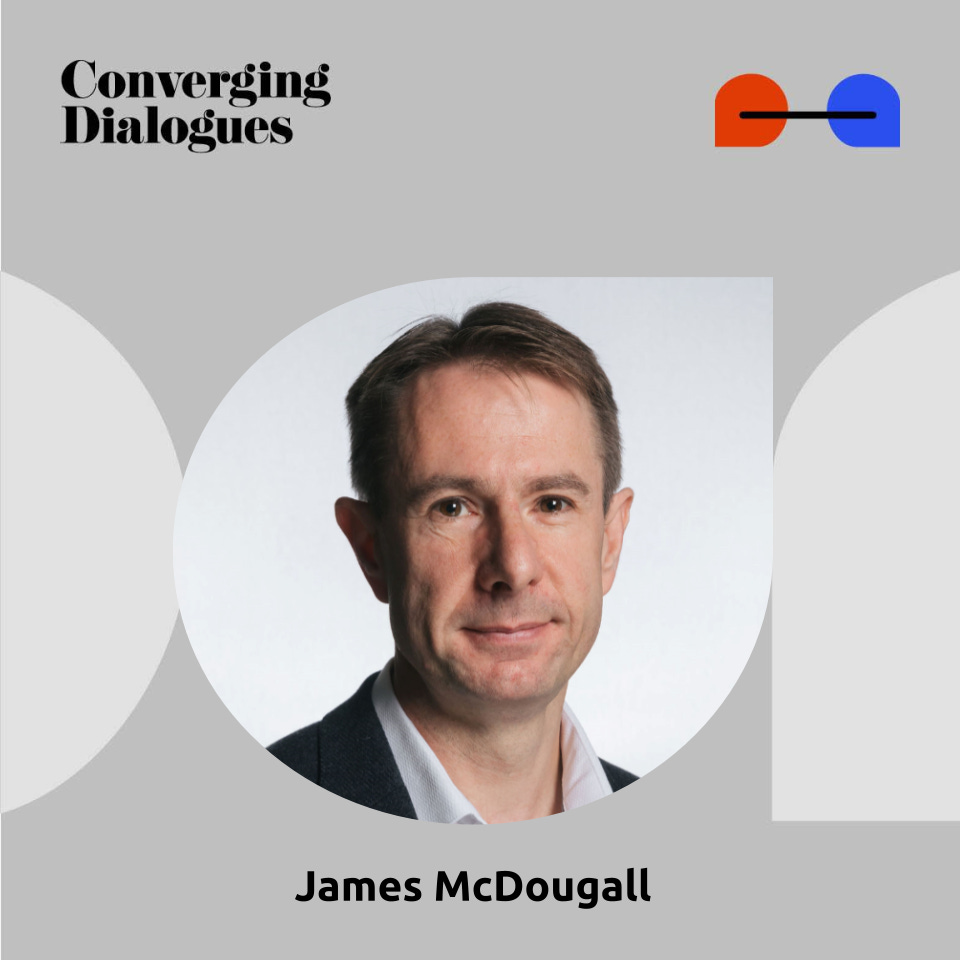
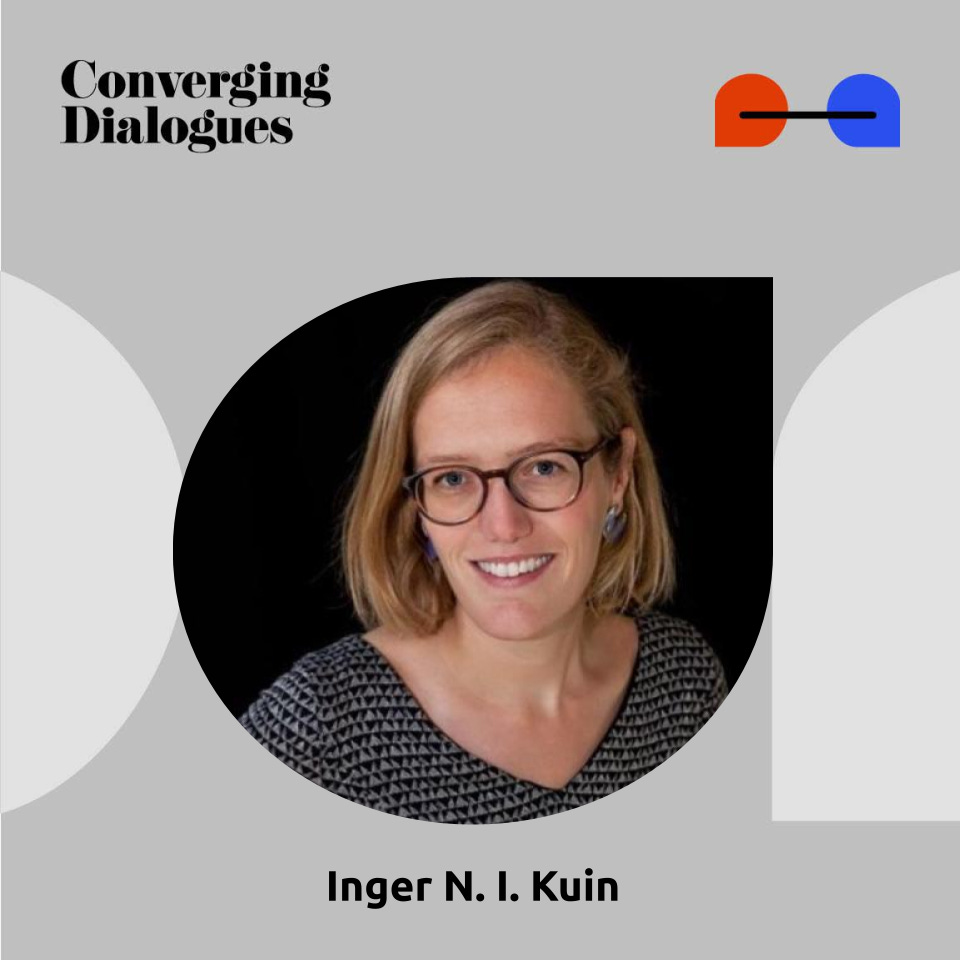

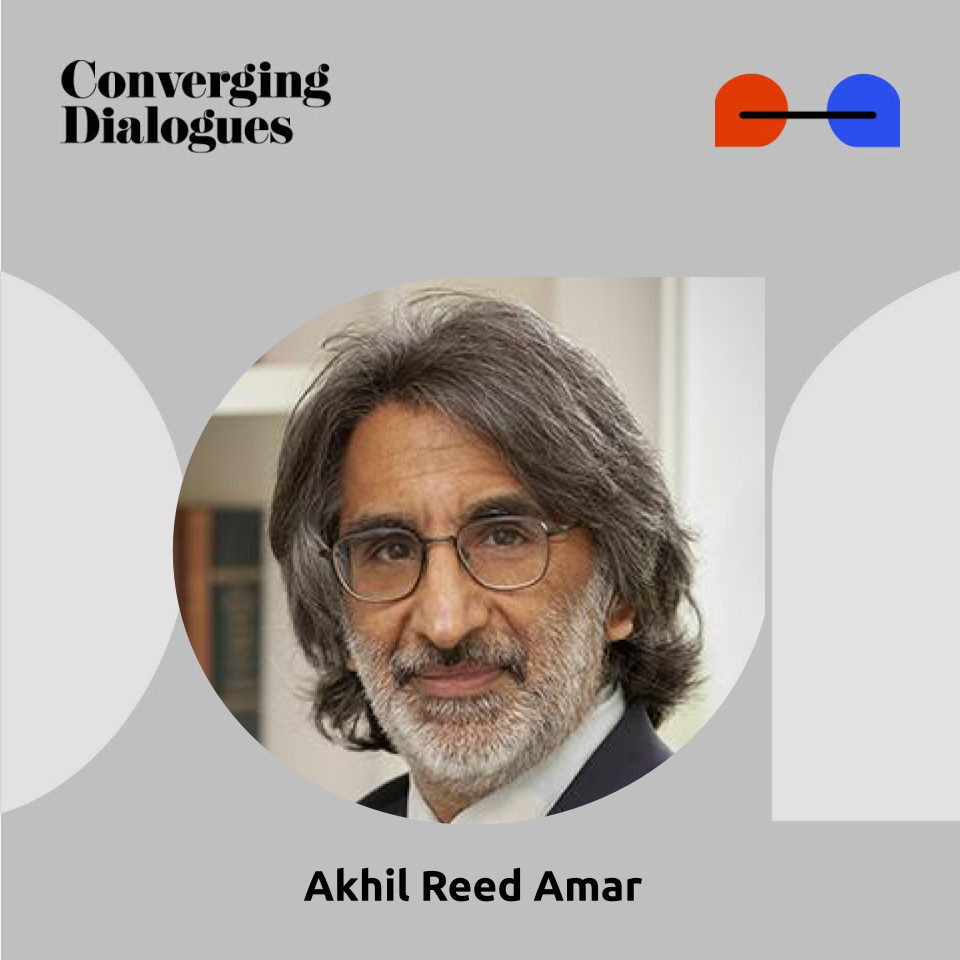


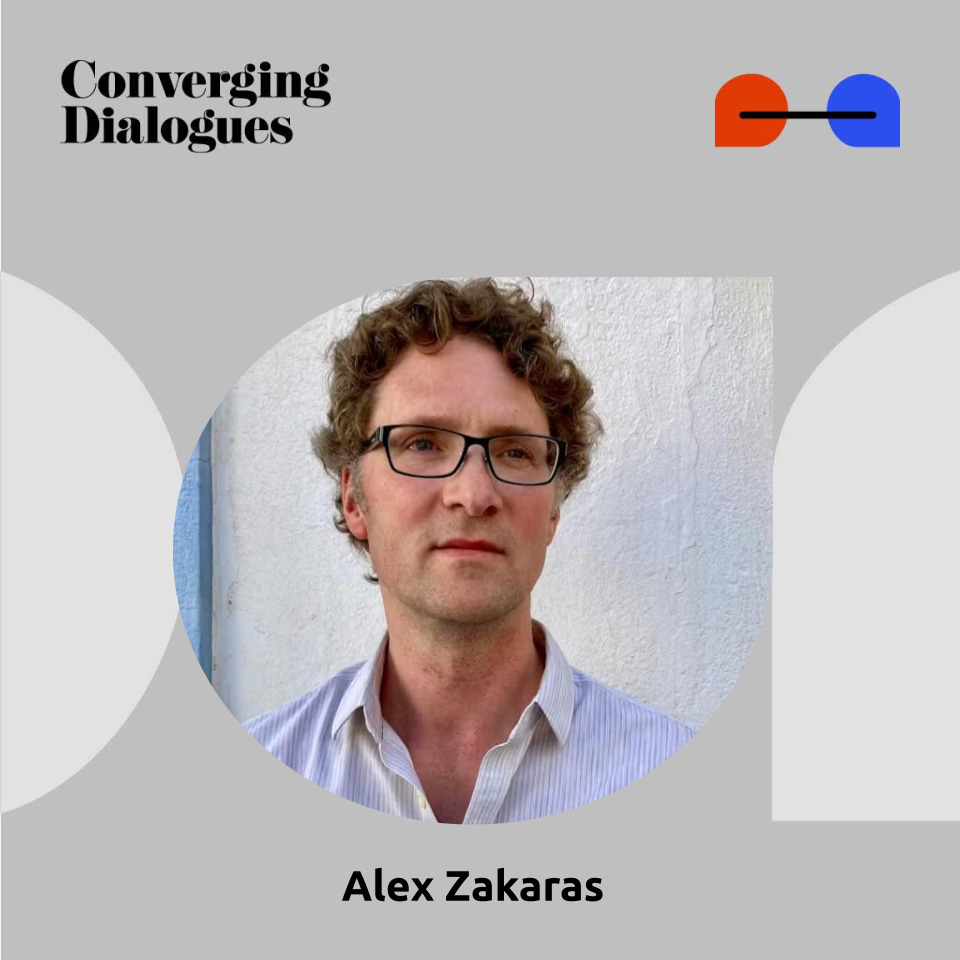
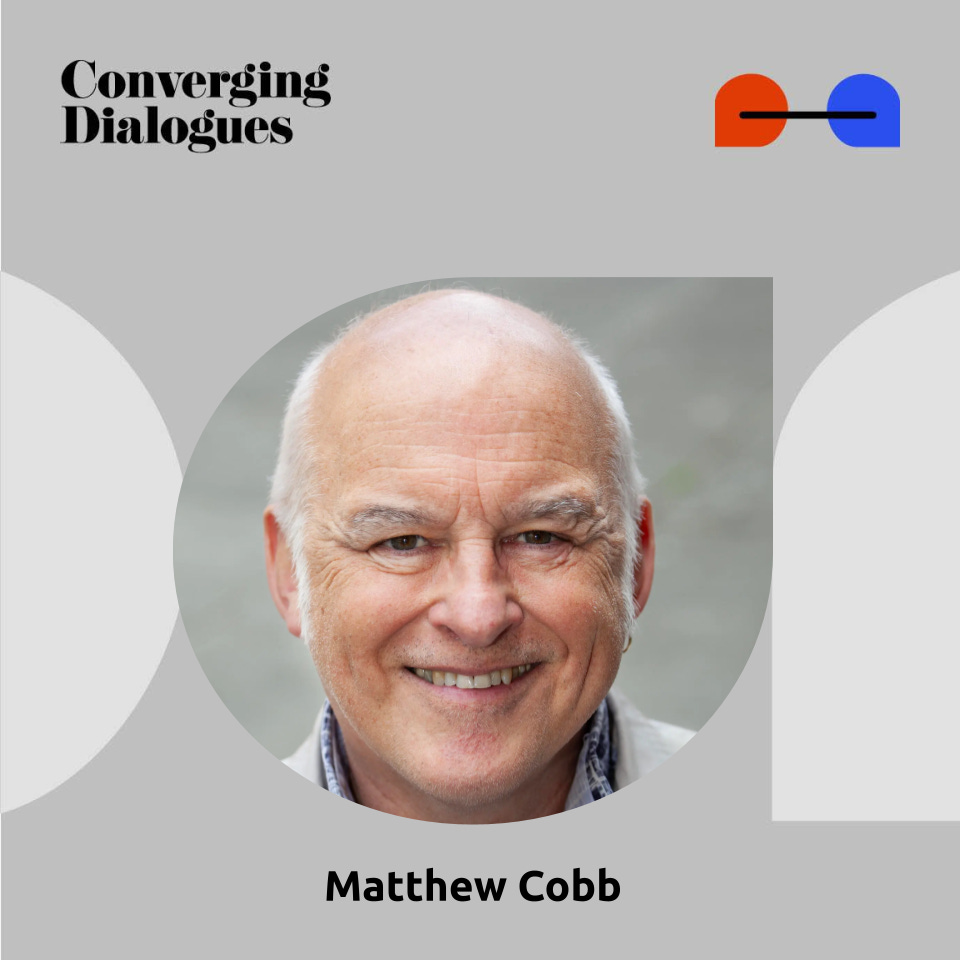
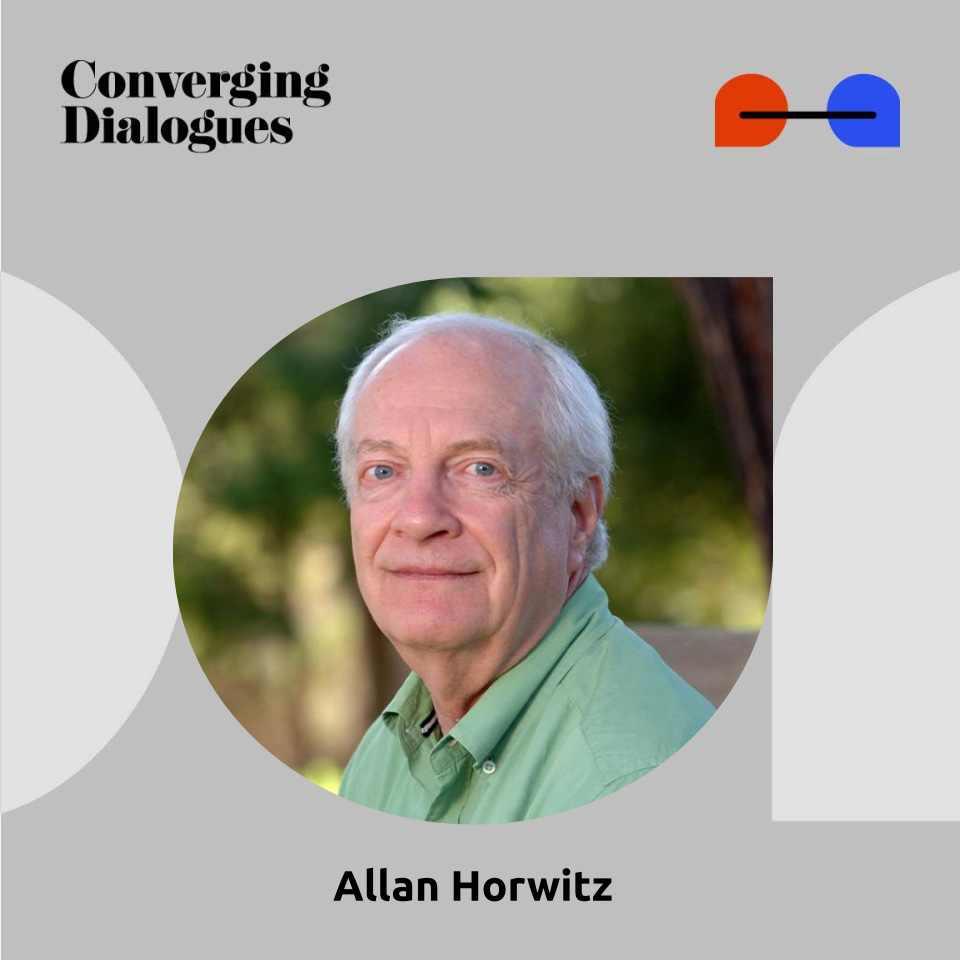
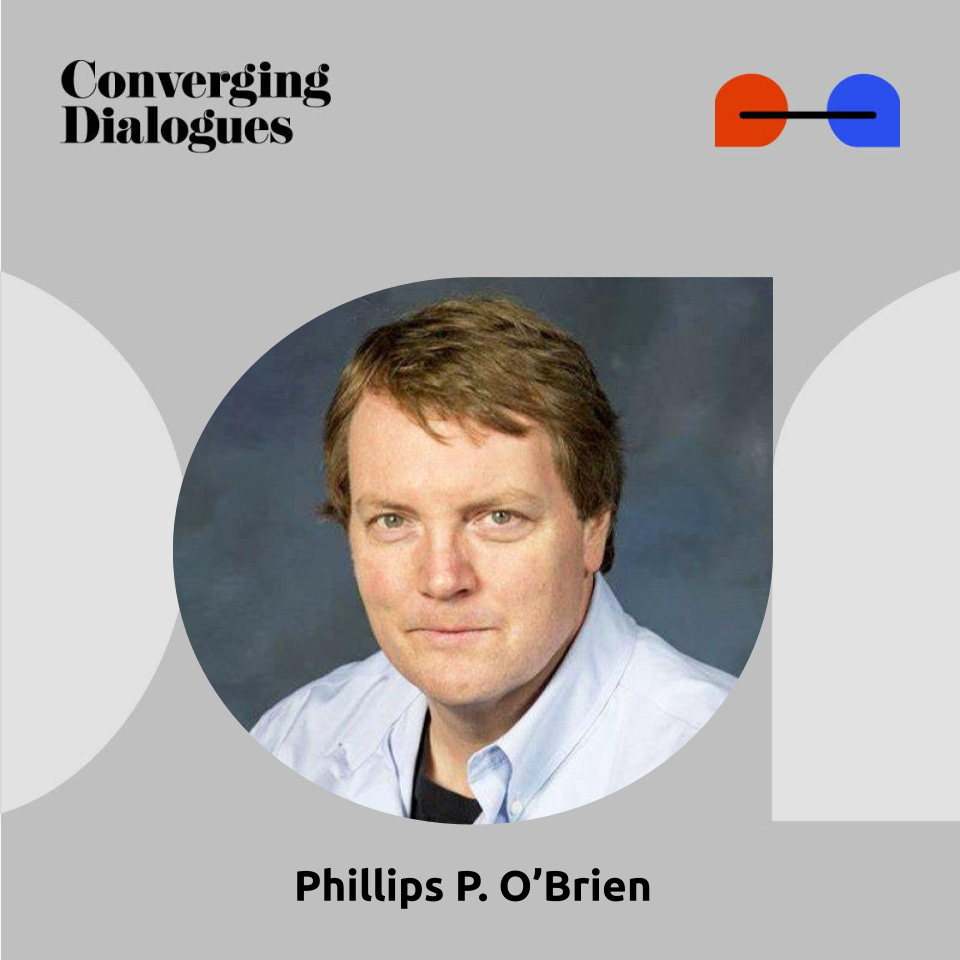
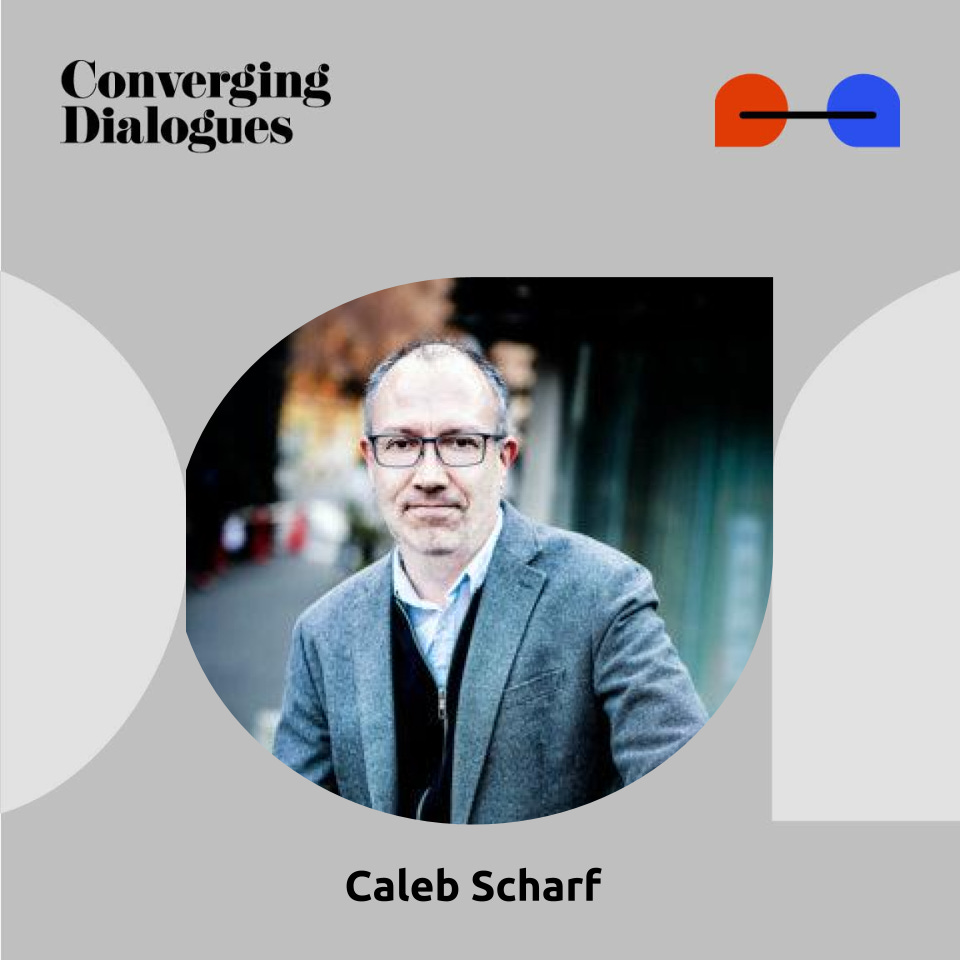



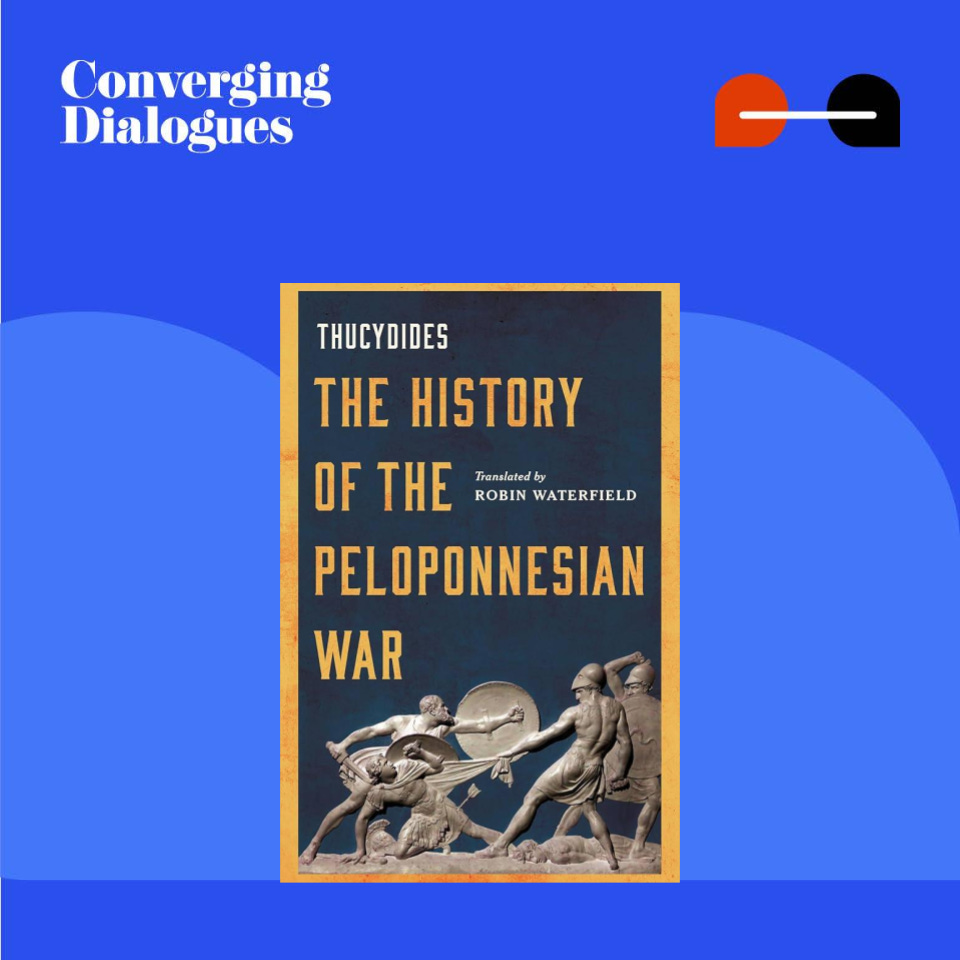
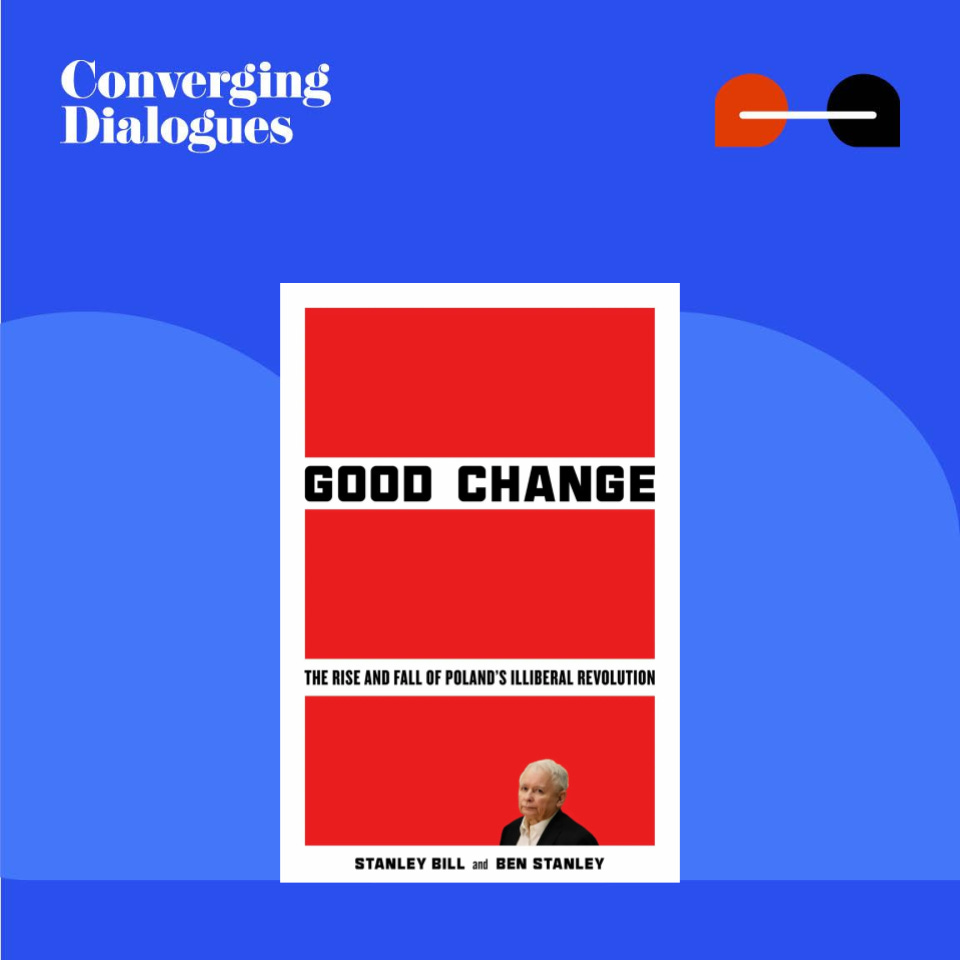
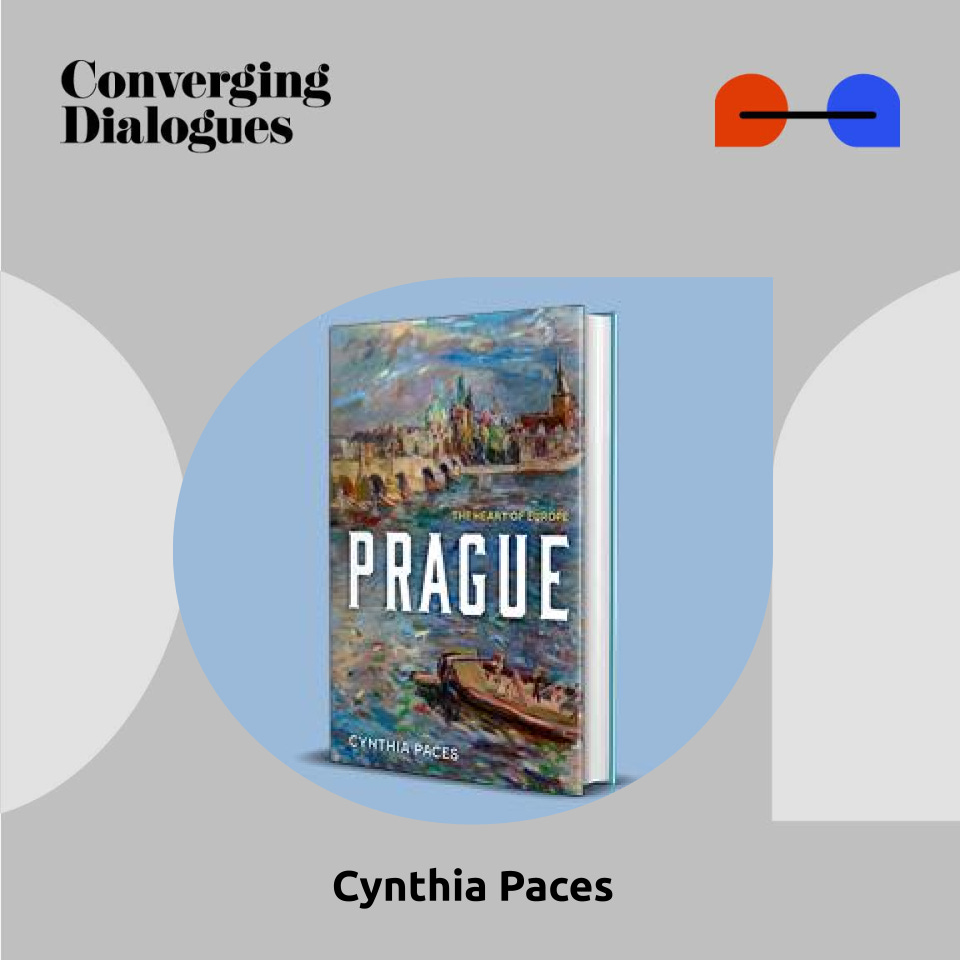

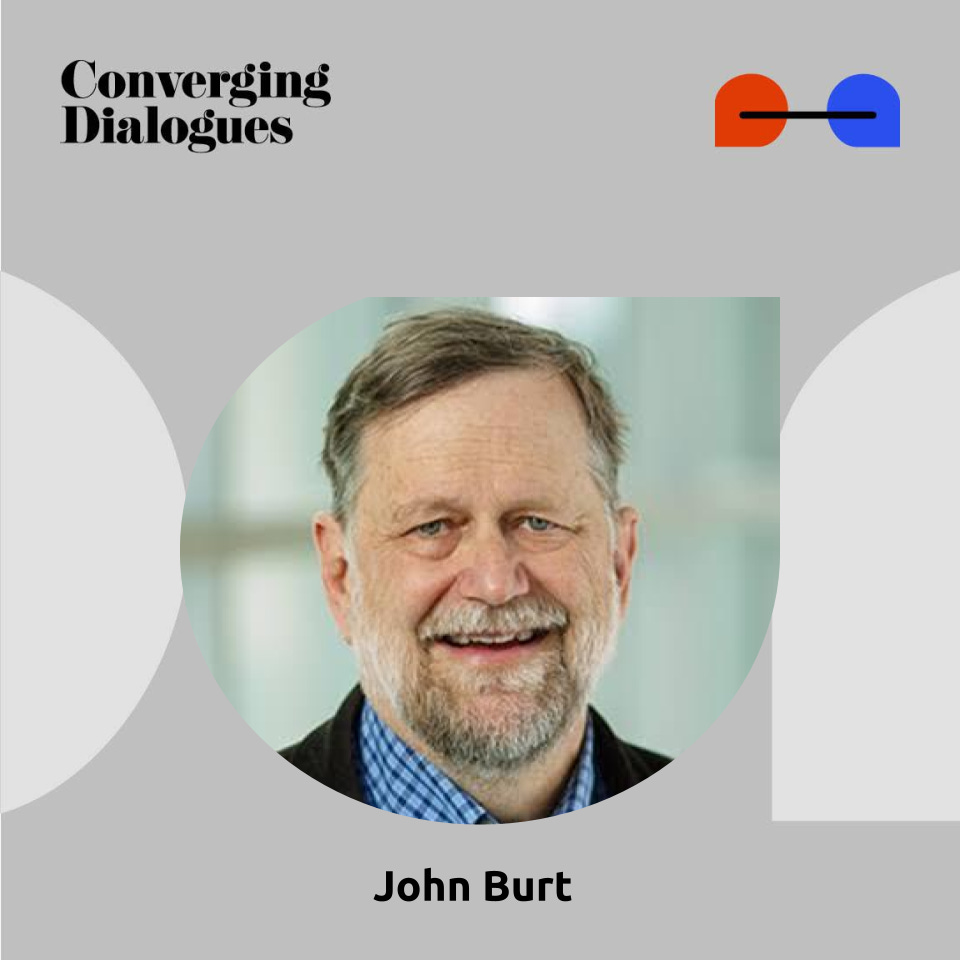
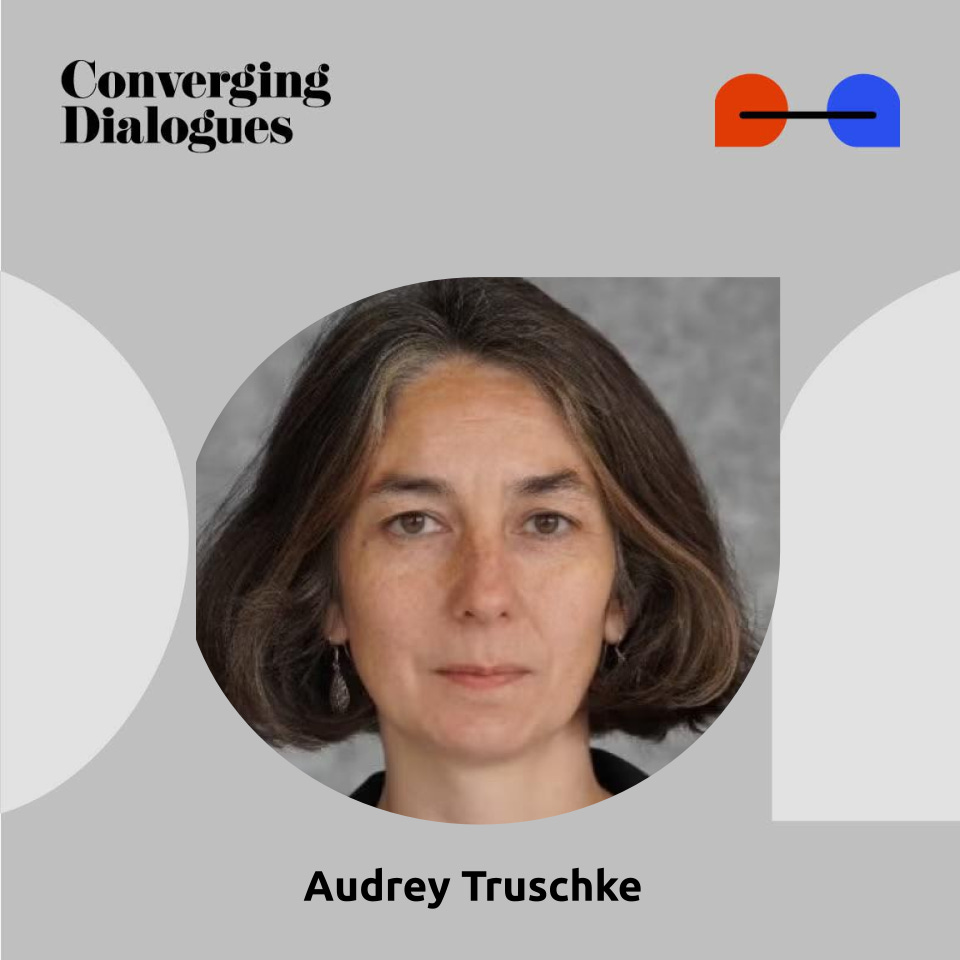



this guy says it's a pleasure to have a long nuanced conversation, this was one of the shortest episodes of this podcast. He might be used to extreme scorn from both political sides. Thanks Mr Bonilla for bringing him to us.